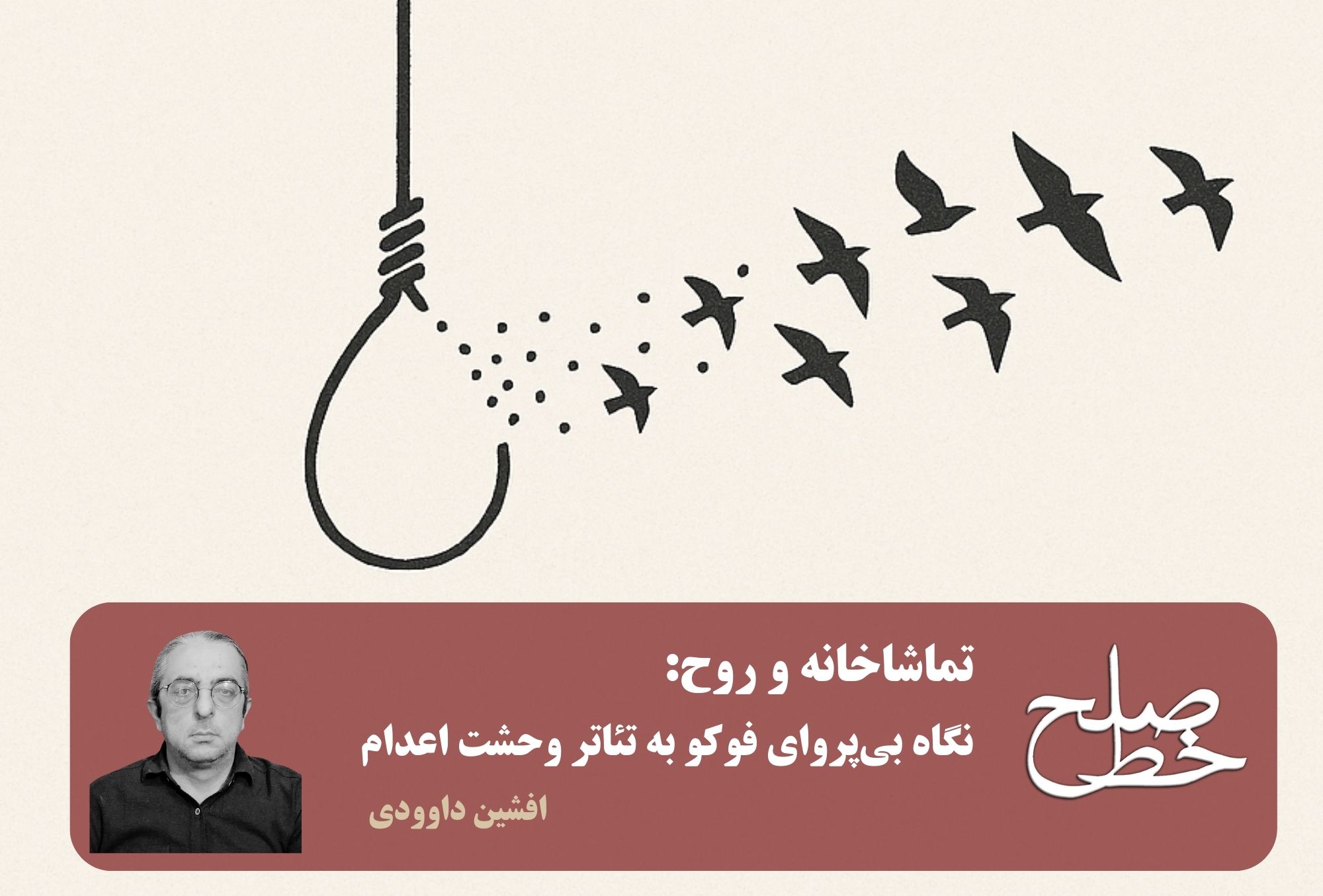Prisoners Rights
The Theater and the Soul: Foucault’s Unflinching Gaze at the Spectacle of Execution/ Afshin Davoudi
Speaking of public executions evokes a primal image: a crowd gathered in a square, a platform bathed in sunlight or shadow, and the haunting silhouette of the condemned. A scene that feels both ancient and profoundly disturbing. Most modern objections to this practice are based on human rights principles, empathy, and a deep revulsion triggered […]...
Read MoreAttack on Prisons During Wartime: Solution or Tragedy?/ Majid Shia Ali
There is precedent in modern military history for air assaults on prisons. In some cases, such incidents result from operational errors or misfires during broader military campaigns. One of the most tragic examples occurred in May 1999, when NATO launched strikes in response to the Serbian army’s ethnic repression of Kosovar Albanians. Among the multiple […]...
Read More“My Mehr Is Yours, My Life Is Free”: From Slogan to Official Policy/ Mousa Barzin
In recent years, mahrieh (marital dowry) has become a topic of contention and dispute both in Iranian society and within the domains of policymaking and legislation. The culturally widespread trend of setting exorbitant mahrieh amounts has led lawmakers and the Iranian judiciary to pursue policies aimed at reducing legal and judicial support for mahrieh. However, […]...
Read MoreThe Necessity of Publicizing Arrests in the Islamic Republic/ Oveis Balouchi
In a land where the prison walls rise higher than the voice of truth, silence can be deadlier than torture. Every year, dozens of citizens in deprived regions—particularly in provinces like Sistan and Baluchestan, Khuzestan, Kurdistan, and others—are arrested on security-related charges without a single mention of their names in the media. These individuals, often […]...
Read MoreThe Man Who Became Our Mother/ A Poem by Jamshid Azizi
Ah, the deceit of winter—Joy in lifeHas dwindled downTo mere survival. And yet,Poetry still exists.The moon still exists.In the palm of the oceanPearls are stillWaiting to be found. Though sleep has spread,WakefulnessRemains beautiful. They shatter the torches.They erase the starsWith black pens… To see tomorrow, We must awaken—Before we areAwoken. A man became our mother,With […]...
Read MoreJustice or Show? Criticism of the Treatment of a Child Molestation Suspect / Musa Barzin
In early April, Tehran police announced the arrest of a suspect accused of kidnapping and sexually assaulting multiple children. Police and judicial authorities, after examining evidence and clues, including the suspect’s phone, suspect that there may be more victims than initially discovered or admitted by the suspect. In this regard, it was decided to release […]...
Read MoreEvery name, a life; every execution, a piece of us. / Mohammad Saber Malek Raeisi
I don’t know where to start; from the day I entered Zahedan Intelligence Detention Center? Or from the night I heard the first news of my friends’ execution? I was there for twenty-one months, among walls that not only imprisoned the body of a person, but also their soul. A place where most people were […]...
Read MoreVerification of “repentance” and regret from the perspective of human rights / Seyyed Mohammad Sohofi
I am neither a legal expert, nor a judge, nor an expert in Islamic jurisprudence. Rather, in this short note, I am trying to share my understanding of the guidelines for repentance (the notification of the head of the judiciary of the Islamic Republic in July 1403) with you; although, due to my lack of […]...
Read More“Intervention of repentance in judicial matters and reminding of repentance; conversation with Sadegheh Vasemghi/ Ali Kalaii”
In the first half of Tir month 1403, in the aftermath of the helicopter crash of Ebrahim Raisi and preparations for the election of the 14th government of the Islamic Republic, the head of the judiciary announced a set of guidelines that, if discussed in a different context, could have sparked many debates and opinions. […]...
Read More Created By: Ali Kalaei
Created By: Ali KalaeiRepentance in the trap of Satan; in conversation with Reza Kazemzadeh/ Dina Ghalibaf
If we sit down to read the accounts of political prisoners in the prisons of the Islamic Republic in the 1960s, it is impossible not to hear about the policy of repentance during this time; a process in which political prisoners were forced to repent by interrogators and prison officials, and despite their shame and […]...
Read MoreDivine government and repentance/ Abdolali Bazarqan
“Tawabsazi” and the misuse of religion in service of the government and power, seems to have been initiated by Assadollah Lajvardi – also known as Evin’s executioner – from the early years of the revolution, and reached its peak during the massacre of the Mojahedin and individuals associated with leftist groups in 1988. Television confessions, […]...
Read MoreRepentance in “Islam” and repentance in “Islamic Republic”/ Pedram Tahsini
The concept of repentance comes from the root “T-W-B”. In its literal meaning, repentance is a return or turning from something unpleasant to something pleasant. In some texts, it is also used to refer to returning from disobedience or abandoning sin, which is considered the most beautiful form of repentance. However, this latter meaning contradicts […]...
Read More











